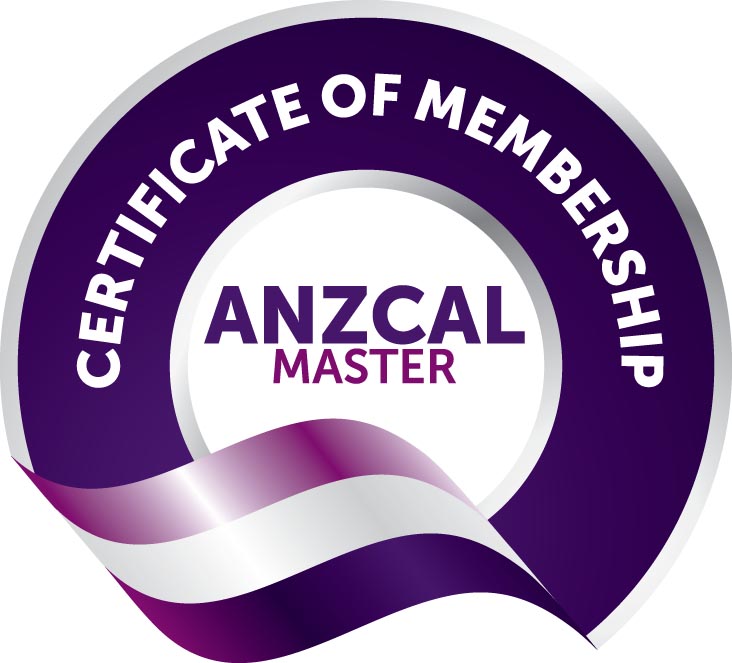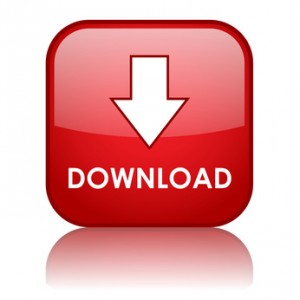Emotional intelligence is the ability to recognize, understand, label, express and regulate emotions (self and others) in appropriate and effective ways.
Resilience is the ability to cope with stress, adversity ad change in positive and adaptive ways. (I have previously discussed ‘resiliency’ here: Bouncing Back : How to nurture resiliency across the lifespan.)
Both emotional intelligence and resilience are essential skills for early childhood teachers and leaders who face many challenges and demands in their work.
Developing emotional intelligence and resilience can help early childhood teachers, leaders and educators to:
- Enhance personal wellbeing and prevent burnout
- Build positive and supportive relationships with children, families, colleagues and other professionals
- Create a safe and nurturing learning environment for children.
- Foster children’s social-emotional development and learning outcomes.
It is important to note that emotional intelligence and resilience are not fixed traits that some people have and others do not; these are skill sets that can be learned and practiced over time.
Here are some strategies that early childhood educators can use to develop emotional intelligence and resilience:
-
Use the RULER approach.
The RULER approach is an evidence-based framework for teaching and learning emotional intelligence skills. This approach is twofold: it serves to enhance our own emotional intelligence skills and we can use this approach to integrate emotional intelligence into our classroom management practices and curriculum activities. It consists of 5 components :
Recognizing emotions in oneself and others
Understanding the causes and consequences of emotions
Labelling emotions accurately
Expressing emotions in ways that are appropriate for the time, place and culture
Regulating emotions
Early childhood educators can apply the RULER approach in the following practical ways:
- use a mood meter tool to identify and communicate their emotions,
- use a meta-moment strategy to pause and reflect before reacting to a situation,
- use a blueprint tool to resolve conflicts with others,
- use a charter tool to create shared norms and expectations for the classroom climate.
-
Practice mindfulness.
Mindfulness is the awareness of the present moment without judgment or distraction. It involves paying attention to what is happening around us, what is happening inside us, what we are doing and how we are doing and feeling without judging or analyzing.
Mindfulness can help us reduce stress, enhance our focus, regulate our emotions and improve our mental health.
Early childhood educators can practice mindfulness by:
- finding a comfortable position, closing your eyes or lowering your gaze and noticing how your breath feels in your nose, chest, and belly.
- count your breaths or use a mantra to help stay focused.
- practice mindfulness by yourself or with your students, using apps, books or online resources as a guide through mindfulness exercises or meditations.
-
Seek feedback and support.
Feedback and support are important sources of learning and growth for early childhood educators. Feedback can help identify strengths and areas for improvement, as well as monitor progress and adjust actions as needed. Support can help cope with challenges or difficulties, as well as celebrate successes and achievements.
Early childhood educators can seek feedback and support in the following ways:
- seek feedback and support from supervisors, mentors, peers or students on your performance and wellbeing.
- use feedback as an opportunity to learn and improve, not as a criticism or a threat.
- seek support from others when faced with challenges or difficulties.
- join a professional network or community of practice where you can share ideas, resources and experiences with other educators.
-
Engage in self-care.
Self-care is the act of taking care of our physical, mental and emotional health by engaging in activities that promote wellbeing, balance and happiness. Self-care can help early childhood educators prevent or reduce stress, burnout and compassion fatigue, as well as enhance their energy, motivation and creativity.
Early childhood educators can engage in self-care by:
- eating a balanced diet that provides adequate energy and nutrients for the day;
- exercising regularly that suits personal preferences and abilities;
- getting enough sleep every night that allows the ability to function well during the day;
- avoiding or quitting smoking and other harmful substances that impair health;
- engaging in hobbies or interests that bring joy, relaxation or fulfillment.
In conclusion, emotional intelligence and resilience are skills that early childhood educators can learn and practice over time. By developing their emotional intelligence and resilience, early childhood educators can cope better with the demands and challenges of their work and enjoy more satisfaction and effectiveness.
© Gaynor Clarke, September 2023
Gaynor Clarke
B.Ed (Teaching), Cert Tertiary Teaching, PGDip Ed, MEd Leadership
Reach. Teach. Lead.
Reach Education Ltd
Teacher Leadership Mentoring and Life Coaching. Personal and Professional Development.
Gaynor is a teacher educator and mentor facilitating personal & professional leadership wellbeing outcomes for teachers.
If you are an early childhood teacher or leader looking to enhance your leadership skills, I would love to work with you. As a leadership mentor and coach, I specialize in helping early childhood educators develop their leadership potential and make a positive impact for the ākonga they serve. If you are interested in learning more about my leadership mentoring services, please visit my website or contact me directly to schedule a consultation. I would love to work with you!
References
Teaching Emotional Intelligence in Early Childhood | NAEYC. https://www.naeyc.org/resources/pubs/yc/mar2017/teaching-emotional-intelligence.
Teaching Emotional Intelligence Using the RULER Approach | Resilient …. https://resilienteducator.com/classroom-resources/teaching-eq-ruler-approach/.
The importance of emotional intelligence in early childhood. https://practicaloutcomes.edu.au/emotional-intelligence-ecec/.
Strategies to Develop Emotional Intelligence in Early Childhood. https://www.intechopen.com/chapters/76892.








Leave a Comment
You must be logged in to post a comment.